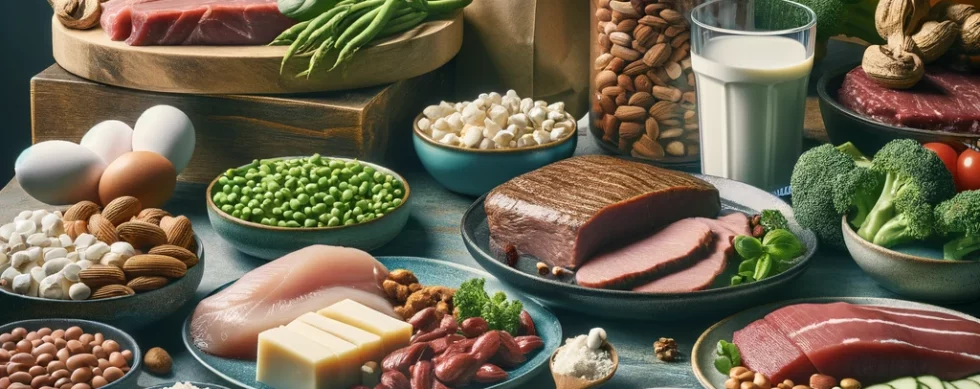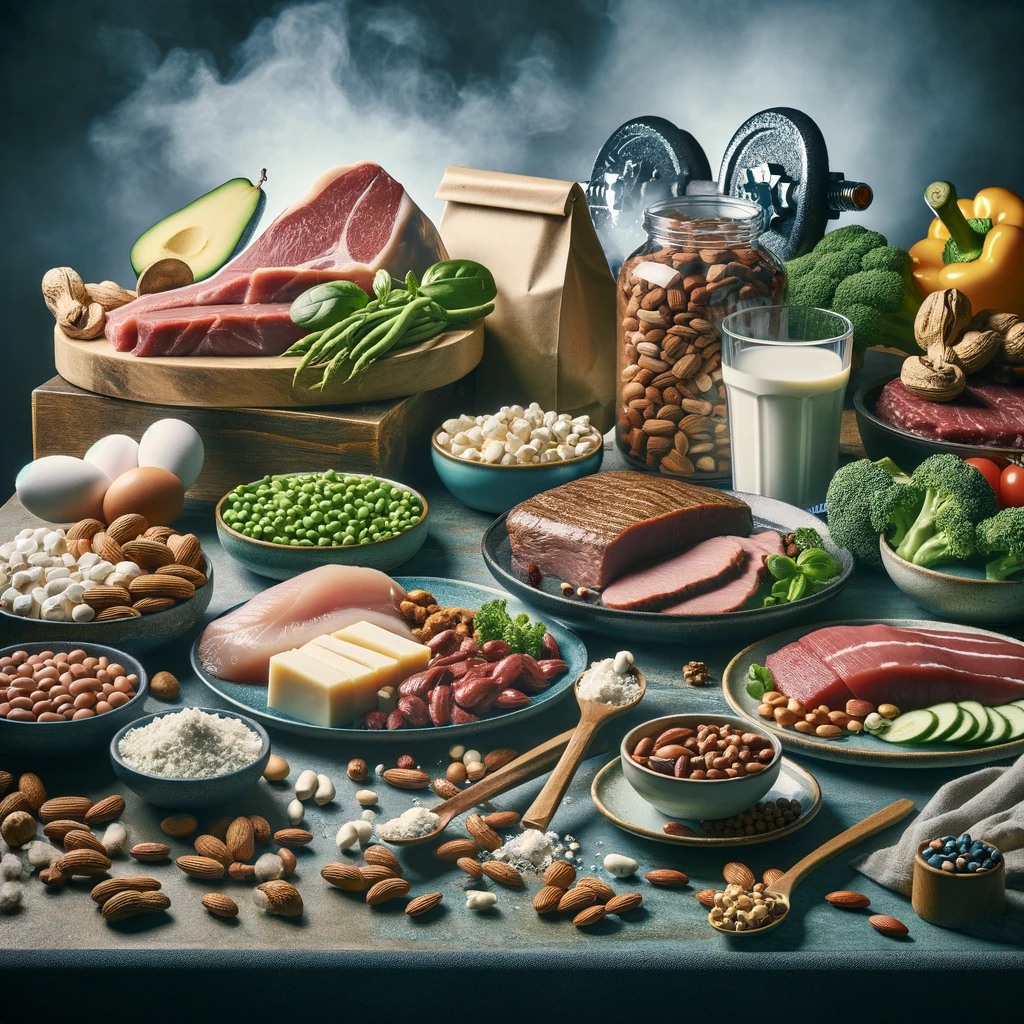
When it comes to building muscle, protein is the cornerstone of your diet. This essential nutrient plays a key role in repairing and strengthening muscle fibers after a workout. Understanding how protein impacts muscle growth will help you optimize your fitness results.
Why Protein Matters
Protein consists of amino acids, the building blocks of muscle. When you exercise, you create small tears in muscle fibers. Protein repairs these tears, which not only helps the muscles recover but also grow stronger and bigger. Without adequate consumption, your body can’t repair and build muscle effectively.
How Much Protein Do You Need?
The amount you need depends on your weight, activity level, and fitness goals. A general guideline is to consume 0.8 to 1 gram of protein per pound of body weight for muscle building. For example, if you weigh 150 pounds, aim for 120-150 grams daily.
Best Sources of Protein
Incorporate a variety of sources to cover all essential amino acids. Excellent sources include:
- Lean meats: Chicken breast, turkey, and lean beef cuts.
- Fish: Salmon, tuna, and other oily fish high in omega-3 fatty acids.
- Dairy: Milk, cheese, and yogurt.
- Plant-based: Legumes, beans, lentils, tofu, and quinoa for those on a vegetarian or vegan diet.
- Supplements: Whey or plant-based powders can help meet needs, especially post-workout.
Timing Your Intake
Timing is crucial. Consuming it within 30 minutes to an hour after your workout maximizes muscle repair and growth. This window is when your muscles are most receptive to using protein for repair.
Conclusion
Protein is essential for anyone looking to build muscle. By understanding your needs and incorporating a variety of sources into your diet, you can support your muscle-building goals. Remember, consistency in your diet and training is key to seeing results.

